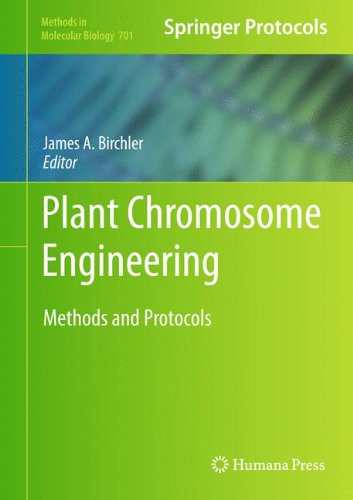

Most ebook files are in PDF format, so you can easily read them using various software such as Foxit Reader or directly on the Google Chrome browser.
Some ebook files are released by publishers in other formats such as .awz, .mobi, .epub, .fb2, etc. You may need to install specific software to read these formats on mobile/PC, such as Calibre.
Please read the tutorial at this link: https://ebookbell.com/faq
We offer FREE conversion to the popular formats you request; however, this may take some time. Therefore, right after payment, please email us, and we will try to provide the service as quickly as possible.
For some exceptional file formats or broken links (if any), please refrain from opening any disputes. Instead, email us first, and we will try to assist within a maximum of 6 hours.
EbookBell Team

4.3
88 reviewsWith an increasing human population and a decreasing amount of arable land, creative improvements in agriculture will be a necessity in the coming decades to maintain or improve the standard of living. In Plant Chromosome Engineering: Methods and Protocols, expert researchers present techniques for the modification of crops and other plant species in order to achieve the goal of developing the much needed novel approaches to the production of food, feed, fuel, fiber, and pharmaceuticals. This volume examines vital topics such as transformation procedures, chromosome painting, production of engineered minichromosomes, gene targeting and mutagenesis, site specific integration, gene silencing, protein expression, chromosome sorting and analysis, protocols for generating chromosomal rearrangements, enhancer trapping, and means of studying chromosomes in vivo. As a part of the highly successful Methods in Molecular Biology™ series, the methodological chapters include brief introductions to their respective topics, lists of the necessary materials and reagents, step-by-step, readily reproducible laboratory protocols, and professional tips on troubleshooting and avoiding known pitfalls. Authoritative and cutting-edge, Plant Chromosome Engineering: Methods and Protocols highlights the spectrum of tools currently available for modifying plant genomes and chromosomes and provides the foundation for crucial future developments.